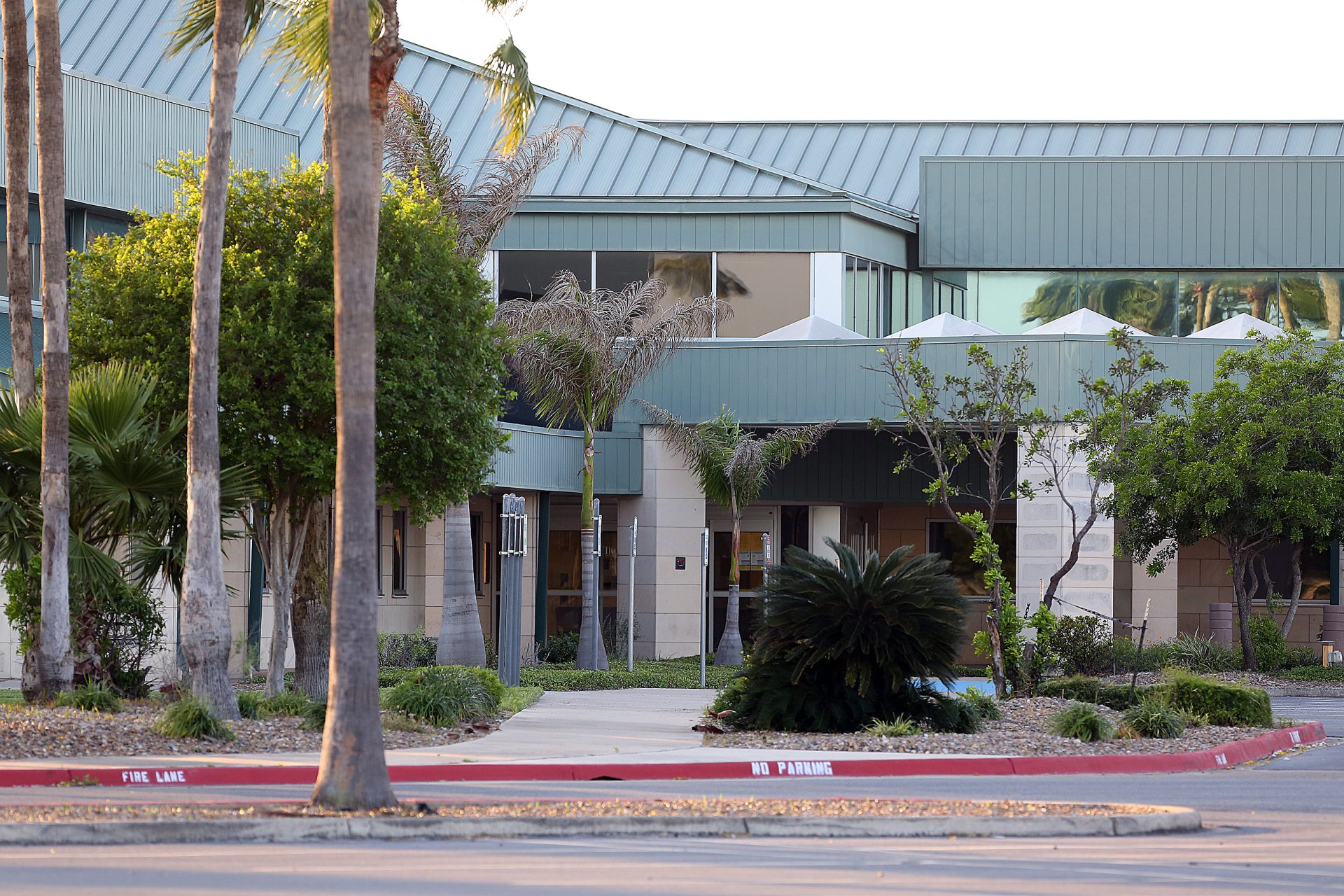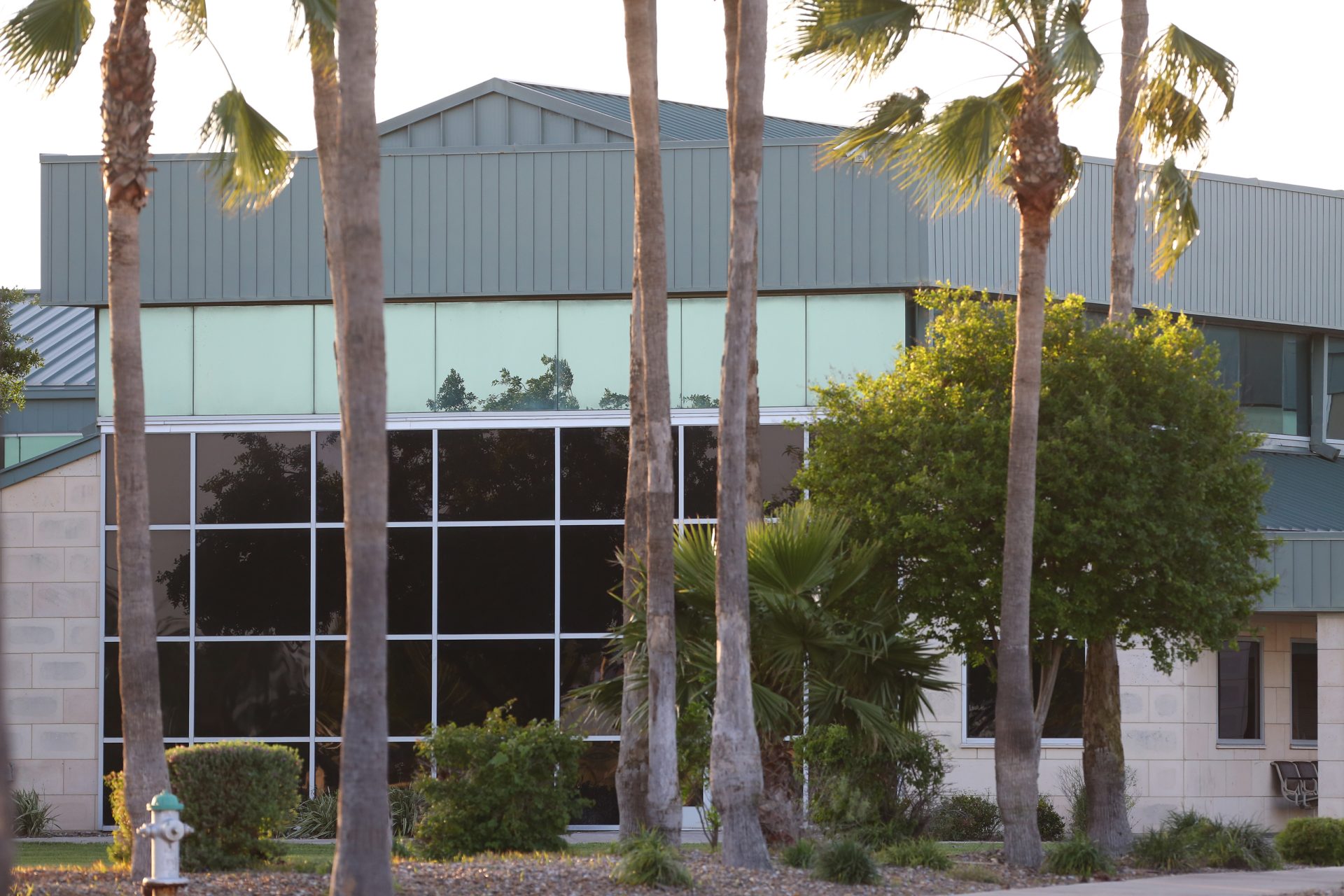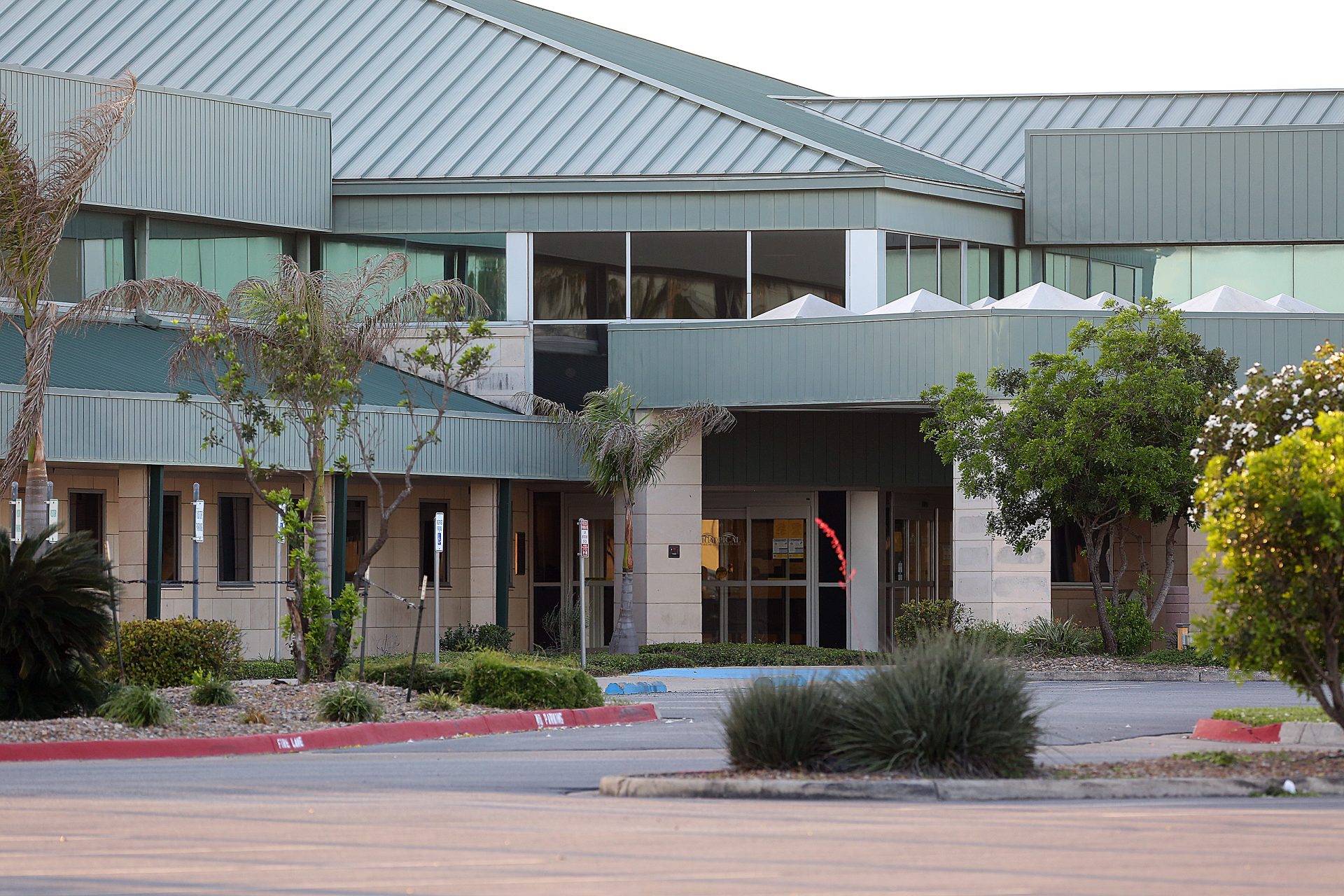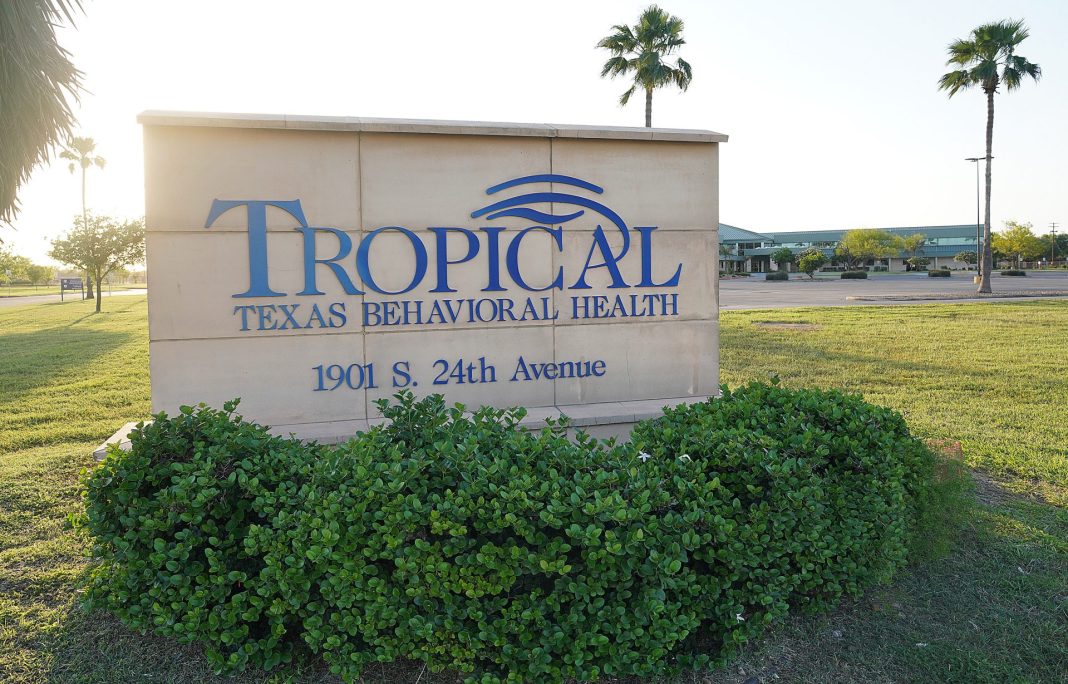|
Only have a minute? Listen instead
Getting your Trinity Audio player ready...
|
It’s well-established that the hardships incurred during the COVID-19 pandemic drove many to alcohol, illicit drugs or other harmful substances. The Rio Grande Valley was not the exception during that time, according to data provided by behavioral health experts in the region which showed a rise in substance abuse here.
“During COVID times more people were going through a lot of additional struggles, so that did have an impact directly associated with the substance or the intake of substance use. That for sure was a trend that we did see,” said Cindy Campos, the quality assurance divisional director at Behavioral Health Solutions of South Texas.
Experts like Campos from Behavioral Health and others from Tropical Texas Behavioral Health, both of which serve Texas Public Health Region 11, addressed this week the increase of people in need of treatment at their respective institutions and the resources available to them.
According to Adam De La Torre, director of substance use disorder services, the pandemic increased the number of Tropical Texas patients by nearly 500 people compared to previous years. And this hasn’t waned since.
In fact, De La Torre explained that in fiscal year 2020, Tropical Texas screened about 1,675 people in Hidalgo County, 1,458 in Cameron County and 55 in Willacy County.
This totaled to about 3,191 people across the Valley, a 15% increase compared to 2019 when they screened a total of about 2,773 people.
Miguel A. Garza, divisional director of community behavioral health programs, said Behavioral Health noticed a nearly 50% rise in people requiring treatment during that time.
“During the COVID era, once it got really bad and we switched to telehealth I went from 5 to 8 people in a group to now having like 16 to 18 people in a group,” Garza said.
Across the nation, there were also more than 100,000 deaths in the U.S. due to drug overdose in 2021, according to data from the Centers for Disease Control and Prevention.

‘THE JOURNEY LOOKS DIFFERENT FOR EVERYBODY’
They explained that oftentimes people avoid seeking help due to doubts about whether sobriety can be achieved, lack of awareness of the resources available as well as financial barriers.
“A common misconception is that recovery is impossible, maybe they think that addiction is so severe that it’s not possible to recover from addiction,” De La Torre added. “It is possible to recover from addiction and substance abuse, it’s just going to require a readiness to change.”
Much of this depends, however, on a person’s readiness to seek help.
“Once they have the tools and support that they need, it is possible,” De La Torre said.
Campos explained that others believe making progress seems like a monumental task. But progress, she reminded, is progress even in small steps.
“Sometimes the journey looks different for everybody,” Campos said. “The truth of it is, that again because each individual is different the same approach is not going to work for everybody.”
For that reason, they tailor the recovery process to each client.
“Being able to provide services that are client-centered, that meet the client where they are at, then tailors the types of services that we are able to provide to them,” Campos said, adding that each counselor works at the client’s pace.
Eric Masten, community relations director for Behavioral Health, added that other setbacks to someone’s road to recovery is the misconception that one has to be at their lowest.
“We don’t want people to hit that point,” Masten explained, adding that rock bottom varies per person. “From our perspective the sooner that someone seeks treatment the better.”

The process to getting that help is a lot simpler than some might think.
De La Torre explained that before beginning treatment one goes through a screening and referral program called outreach, screening, assessment and referral, or OSAR, which helps identify the type of care a patient may need.
“We kind of just get some data that will give us an idea of what kind of help this individual needs,” De La Torre said, adding that the free screening takes about 45 minutes.
With the help of the screening, those at Tropical Texas are able to determine what service will best benefit the patient.
The patient is then referred to the program that will best suit their needs including those that focus on mental health.
Campos explained that Behavioral Health, like Tropical Texas, uses a screening method to determine a client’s treatment.
Prior to the screening, a client is asked questions based on demographics to help understand the type of treatment sought.
Once the assessment is completed the client is scheduled for their screening or evaluation to determine if they meet the criteria for the program, which uses the Diagnostic and Statistical Manual of Mental Disorders, or DSM-5.
Those who meet the criteria are scheduled to begin their treatment plan.
For those who are not quite ready to participate in counseling, Behavioral Health also has staff known as recovery coaches, individuals with life experiences who help guide those seeking help.
“They may not be ready for counseling but they are just open to the option of discussing what sobriety looks like, and having a coach to say, ‘Hey, I’ve been there and I know what you’re going through,’ has been really helpful for some cases of clients that are kind of hesitant at first or lost,” Garza said.
The recovery coach will help guide clients through their recovery process and will eventually help connect clients to counseling services.

ROAD TO RECOVERY
Behavioral Health offers about 19 different resources that are divided into four categories: prevention, intervention, treatment and recovery.
Their preventive methods include youth prevention programs in which staff conduct presentations at organizations such as the Boys and Girls Club as well as schools to help empower youth to make healthy choices and avoid peer pressure.
Intervention includes programs such as the Rural Border Interventions, or RBI, program in which case managers go to rural areas and meet with clients to understand what their needs are and help connect them to free programs within their community.
They also have counseling programs for adults and youths struggling with substance use with youth programs designated for those 13 to 17 years old and adult counseling for those 18 years or older.
They recently started offering their very first mental health program, the Community Counseling Wellness program, which targets first responders.
Through the new program, they hope to offer treatment, counseling services and recovery services one may need.
Services are also provided in English and Spanish at no cost to the community and programs are available to all regardless of immigration status, and a social security number is not needed.
Tropical Texas offers various resources including outpatient and intensive outpatient services, detox and aftercare services, Federal Pretrial and Probation Aftercare, Bureau of Prisons Aftercare as well as telemedicine or telehealth services.




